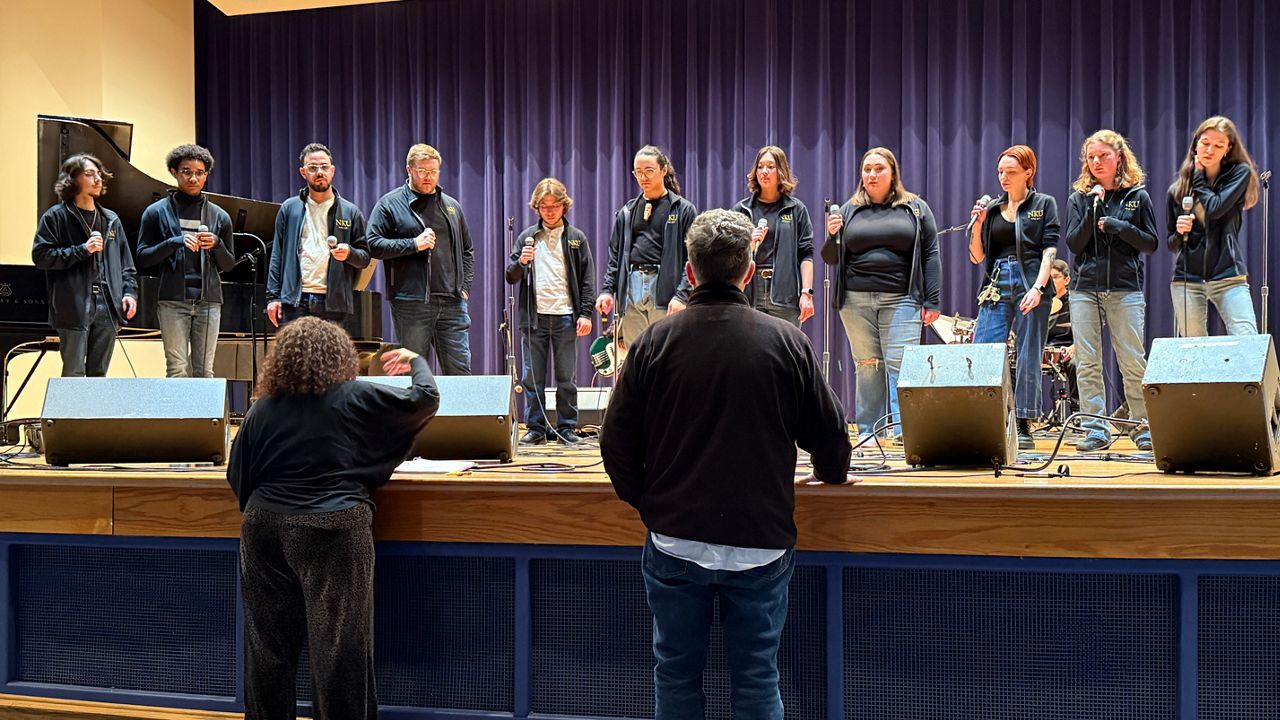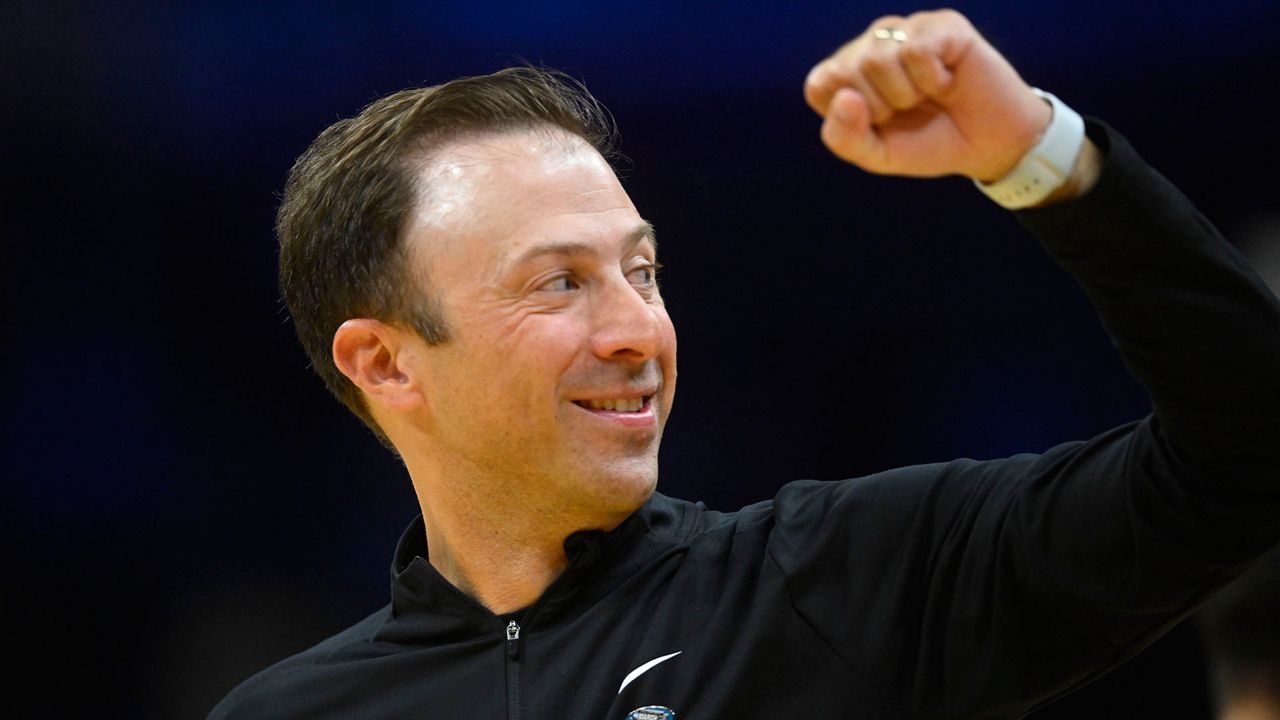FLORENCE, Ky. — Parents of young children know they have to be hyper aware, with pools and lakes, to avoid tragedy. One northern Kentucky man is trying to put their minds at ease by throwing kids, and even infants, into the deep end and teaching them to swim and float.
It isn’t easy for a parent to hand their baby over to someone who, a few weeks ago, was a complete stranger. And then, watch their baby struggle as they try to stay afloat.
“It was hard to watch, and I knew that going in,” said Elena McBride, whose 18-month-old son Everett was about halfway through the five-week program. “Eric always says a crying baby is a breathing baby. And I know through this process, he’s really learning to respect the water.”
Eric Moore has built a reputation for putting parents’ minds at ease.
“People say this is hard to watch. But that’s because what you’re watching is growth,” Moore said. “I’ve got them in here. I love each kid, every one of them the same. I treat them the same. I’m teaching them, even though it’s hard to watch, I wouldn’t call it traumatic. What I would call traumatic is when you see on the news a two-year-old drowned in the neighbor’s pool.”
About four years ago, Moore saw his young niece take lessons through Swim Life, a Florida-based survival swim training company. He learned drowning is the number one cause of accidental death in children ages one to four in America.
“That caught my eye. I just thought, wow. That seems like it would be a bigger deal. It’s number one,” Moore said. “There’s nothing worse that could happen to a family. They’re gonna live with guilt. They’re gonna live with: what if we would’ve done this that day? For some reason, that really stuck with me, and then I just started becoming more passionate about it.”
Moore said he didn’t know of any other survival swimming training services in northern Kentucky. He started doing it part time.
“The demand in this area was so big, I had to make a decision to leave my full-time position with Duke Energy for 20 years,” he said.
A little more than a year ago, Moore started up Swim Life of Northern Kentucky, and soon he had a wait list of 200 kids. Now he gives lessons to about 40 kids a day in 15-minute intervals.
He’s taught kids as old as nine years and as young as nine months about breath control, posture and balance. Above all, he teaches them how to stay alive if they fall into water.
Learning to float, he said, is just as, if not more, important than swimming.
“When you get your hands on these kids everyday like I do, and the babies, you get a whole other feel for how much they don’t know when they come to me on day one. And then when they leave me, it’s astronomical, the difference,” Moore said.
McBride said she was a little nervous at first.
“Just because I know it’s pretty intense lessons in terms of time and commitment. He’s in a stage of such critical brain development and growth, so we just wanted to take advantage of that,” McBride said. “Just today when he was floating that long, I mean, tears were in my eyes, because of how far he’s come.”
Moore said the use of floatation devices, like puddle jumpers, can give kids a false sense of security. Kids who use them, he said, are used to being upright. They tend to go straight down when the floaties are taken away.
Babies like Everett are less afraid to go underwater face first.
“He doesn’t fight putting his face in the water at all,” Moore said. “So, even though they’re little and they’re not gonna like swim, swim, they’re still learning true swimming, and that’s gonna help them get to that float. When you’re underwater, breath is like a million dollars. Breath is worth everything.”
Watching the progression is a rewarding feeling.
“There’s nothing better, and it’s even better for the parents,” Moore said.
He said he’s able to increase young kids’ chance of survival up to 90%. McBride said she recommends booking early in the year.










